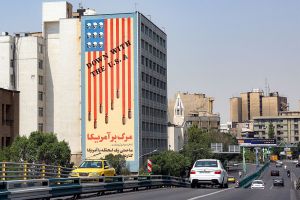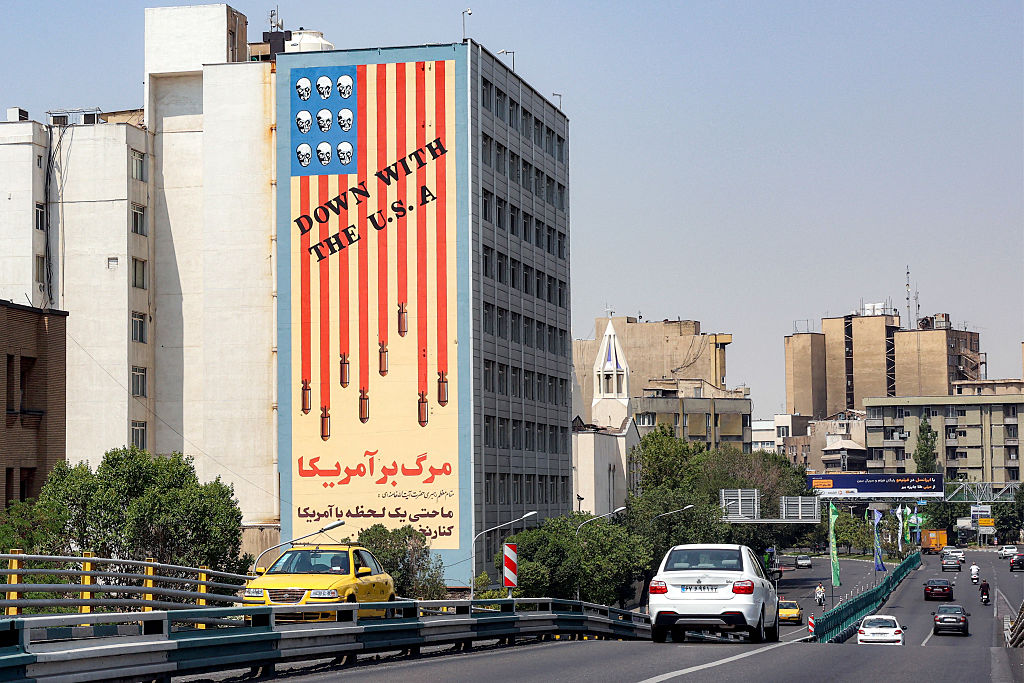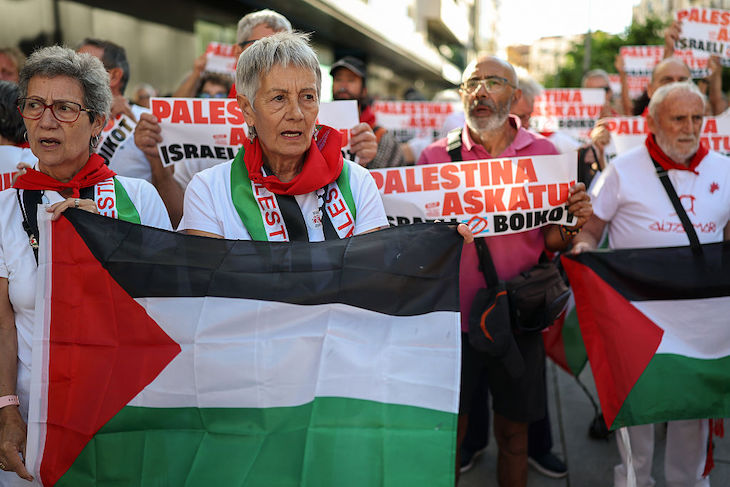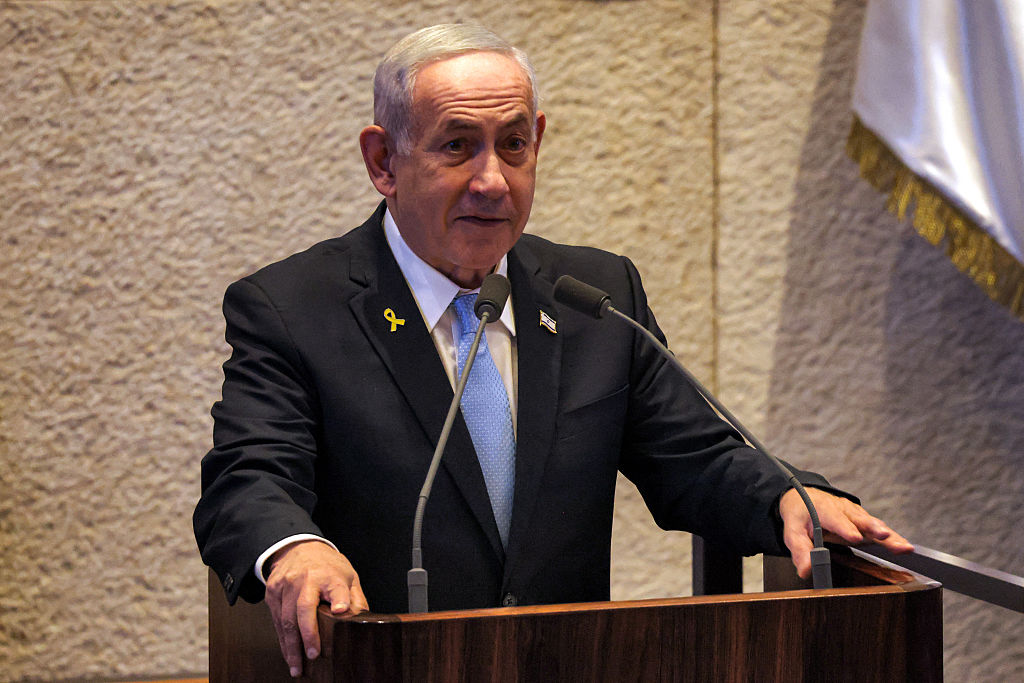On the late afternoon of September 29, 2000 (nearly 20 years ago now), I took a cab from Jerusalem into Bethlehem to visit with an old friend and his family, the owners of a well-known Bethlehem hotel. The streets were bustling; buses filled with tourists roared up the main Jerusalem-to-Bethlehem road towards the Church of the Nativity (the reputed birthplace of Jesus), and the city’s gift shops were jammed.
My plan was to stay the night, but my friend (a Palestinian Christian who’d moved to Bethlehem from Philadelphia), shook his head: ‘No room at the inn,’ he said, and smiled at his joke. ‘In fact, you won’t find a room anywhere in the city.’ I was surprised. In all of my years traveling to the West Bank, Gaza and Israel, I’d never had trouble finding a place to stay. But things had changed: since the signing of the Oslo Accords in 1995, millions of dollars of foreign aid had paved Bethlehem’s roads, expanded its electricity grid, repaired its water and sewage systems – and seeded new businesses. And so the tourists had come. Lots of them. ‘Don’t worry,’ the hotel owner said. ‘You can sleep on our couch.’
As I sat on the hotel’s veranda sipping coffee, my friend reflected on his good fortune – and his gamble that the Israeli-Palestinian peace process would ensure his family’s economic future. I was skeptical. Just that afternoon, rioting had broken out on Jerusalem’s Temple Mount and seven Palestinians were killed. In the month that followed, through all of October 2000, over 140 Palestinians would die, along with 12 Israelis. Nearly 500 Palestinians and almost 200 Israelis were killed over the next year.
When I returned to Bethlehem in April 2002, in the midst of what had become the Second Intifada, the Jerusalem-to-Bethlehem road had become a muck-churned path, a group of Palestinian militants were besieged by units of the Israeli Defense Force in the Church of the Nativity, the electricity grid was down, sewage was flowing in the streets, the roaring buses had been replaced by Israeli tanks – and the hotels were empty. My friend shrugged: ‘If it’s a choice between a booming economy and a Palestinian state, it’s not really much of a choice,’ he said.
A lot has changed in the last 20 years – or perhaps nothing at all. While tourists once again crowd Bethlehem’s Manger Square, few believe the peace (‘not peace,’ as an Israeli security official pointedly corrected me, ‘but a lack of open conflict’) that came with the end of the Second Intifada in 2005, will last. ‘We are planning to add rooms to the hotel,’ my Bethlehem friend told me, ‘but we’re not doing it yet. There’s quiet here now, but no one knows if it will last.’
That sentiment is reflected in Israeli military and security circles, where officials are quietly warning the nation’s political leadership that it’s a mistake to assume that what is true today will be true tomorrow. For good reason: over the last year, Israeli security forces have killed over 200 Palestinians at the fence line separating Gaza from Israel (thousands of Palestinians have been wounded), tensions are escalating in the West Bank (the result of increasing IDF incursions – and detentions), and the Israelis and Palestinians recently concluded an ugly bloodletting in Gaza that accounted for the deaths of more than 20 Palestinians and four Israelis. The constant spasms of violence are taking a toll – though not simply in Israeli or Palestinian lives. The IDF’s senior leadership has recommended that the tight-as-a-drum siege of Gaza be eased, a claim reinforced by media reports that Israeli Army officers have ‘pushed for measures meant to make the lives of Palestinians in the Strip more bearable.’
A senior Israeli security official told me that the IDF’s calculus ‘is a matter of pure arithmetic. You know, addition and subtraction.’ Or, as this official went on to explain: ‘We can fight in Gaza, we can remain vigilant in the West Bank or we can prepare for a war on our northern border with Hezbollah. But we can’t really do all three at the same time. But it’s not really three conflicts – it’s four, because we also have to worry about Iran. That’s three too many. Something’s got to give.’ The Israeli security officer’s concern was heightened recently by the IDF’s decision to put its northern command on high alert – the result of Israeli intelligence assessments (conveyed to the US government), that Iran is considering taking ‘aggressive action’ against US targets in the region and perhaps against Israeli targets along the country’s northern borders. The pessimism in Israeli security circles, however, is not simply the result of the constant confrontations between the Israelis and Palestinians that have flared up, on-and-off, since 2005, but rather because, despite Prime Minister Benjamin Netanyahu’s closeness with Donald Trump, there is little that the Americans have to offer in the way of a solution.
In fact, while the Trump administration has announced that it will roll out son-in-law Jared Kushner’s long-awaited plan for resolving the Israeli-Palestinian conflict sometime in mid-June (after the end of the Muslim holy month of Ramadan), few senior Israeli officials believe it will permanently quiet West Bank’s rumblings or gain the support of the Hamas leadership in Gaza – or lead to a permanent end to the conflict. Ironically, while Kushner has succeeded in keeping his initiative under a tight lid in the US, its outlines are well-known in Israeli security circles – and the source of continuing comment in the Israeli press. ‘There are no secrets in Israel,’ as senior Israeli security adviser Amatzia Baram told me. ‘We Israelis don’t read the papers to learn things, we read them to confirm what we already know.’
As several senior Israeli security officials have described it to me, the Kushner initiative is ‘very Trump-like, because it’s predictably transactional,’ focusing less on Palestinian statehood than on Palestinian economic development – to the tune of some $25 billion to be apportioned between the West Bank and Gaza. The plan also calls for additional ‘inducements’ to US Arab allies, including some $40 billion (supplied primarily by Saudi Arabia) in economic development monies for Egypt and Jordan who, it is expected, will provide the political muscle to convince the Palestinian leadership to sign up to the Kushner program. Saudi Arabia’s Mohammed bin Salman has played a key role in buttressing Kushner’s belief that his ‘transactional’ plan ‘can swap real estate for development funding’ (as the senior Israeli security official with whom I spoke put it), arguing that Egypt and Jordan’s deteriorating economies make the American plan attractive to Cairo and Amman.
‘I would not describe the Kushner initiative as transactional,’ Aaron David Miller, a Distinguished Fellow at the Wilson Center and former Senior Adviser for Arab-Israeli Negotiations to the State Department told me in a telephone interview. ‘Rather, I think it is transformational. It’s an effort to fundamentally change the terms of the concept of a two-state solution and make it very hard for a successor administration to recreate them. And the Trump administration is well on their way to achieving this goal by devaluing the idea of two states and prejudging the Jerusalem issue; [they are] prioritizing Israeli needs over Palestinian ones.’
Early indications that Kushner’s plan – whether transactional or transformational – might actually work are distinctly unpromising: Hamas’s views are filtered through Egyptian strongman Abdul Fattah al-Sisi (who, it seems, has more leverage with Trump than he does with Hamas’s Gaza leadership), while the West Bank-based Palestinian Authority has cut off all talks with Kushner and the Trump administration. The last meeting between Kushner and Palestinian chief negotiator Saeb Erekat, as I was told by a senior Palestinian official at the time, devolved into ‘a very ugly shouting match.’ Kushner remains undeterred: his plan is going forward in the apparent belief that the Palestinians will decide to embrace political semi-autonomy in exchange for billions of dollars in development funding.
‘There are really three initiatives here,’ Matthew R.J. Brodsky of the Security Studies Group notes. ‘There’s an economic initiative, a political initiative and a media initiative.’ Brodsky, whose monograph (‘Resolving the Israeli-Palestinian Conflict’) gained Kushner’s attention when it was issued in June last year, says that while he has advised Kushner and his team on aspects of their plan, he denies that his monograph has provided a template for Kushner’s thinking. ‘The only thing I tried to do, and I think successfully, is to point out how the previous efforts have failed,’ he says. ‘So the administration has a series of valuable examples of what failed and why. My sense is that the White House has studied this in detail and has shaped something that is quite different.’
‘Quite different’ is, in fact, an understatement. The Kushner initiative, according to well-placed Israeli officials and hints dropped in the Israeli press, gives Israel sovereignty over Jerusalem while guaranteeing Palestinian access to the Muslim holy sites, provides for an Israeli security corridor in the Jordan Valley, allows Israel to annex the largest settlement blocs in the West Bank and ensures that the Palestinian Authority remains demilitarized. That kind of a ‘deal’ has been in the wind for years; it’s a Palestinian nightmare: a flag, an airport, an Olympic team, a seat at the United Nations – and permanent occupation.
Some officials speculate that Hamas would be a party to the agreement (‘we can just imagine how Mr Netanyahu will view that,’ Geoffrey Aronson, chairman of DC-based consulting firm the Morton Group, says), as it would be expected to sign off on Egypt’s willingness to cede territory in the Sinai Peninsula for a Gaza airport. There might be some allowance for a return of Palestinian refugees to the West Bank and Gaza, but the numbers would be incidental.
If the final Kushner plan reflects these realities it will be met with rage among Palestinians, anger in the rest of the Arab world and stunned silence by many of America’s allies. But for now, at least, many of those who have been a part of previous peace efforts are holding their fire.
‘I’ve had several meetings with Mr Kushner, and it would be easy to criticize him and what he is trying to do from the outside, anyone can do that,’ Miller says. ‘I have told him: if he can resolve this conflict, if his plan works, I will be the first one to break open the champagne. But he has set himself a difficult task. He isn’t the first to ply these waters and he won’t be the last. Indeed, Jared Kushner is not the problem. His plan is not the problem. The problem is Benjamin Netanyahu and [Palestinian leader] Mahmoud Abbas. The gap between them on the major issues is Grand Canyon-like, and they’re either unable or unwilling to bridge the gap. And that is true for any of the issues, whether it’s Jerusalem, or refugees, or an end to the conflict.’
All of this is met with a shrug by most Palestinians, particularly those in the West Bank. There have been endless peace initiatives and no one is betting that this will be the last. That is certainly true in Bethlehem, where the local hotels are once again filled with tourists. My old friend, the owner of the Bethlehem hotel is pleased, if only temporarily. ‘This is the Middle East, so anything can happen,’ he told me recently. ‘So if this is the plan, we’ll do what we’ve always done. We’ll fight.’
Mark Perry is the author of 11 books on history and national security and a former adviser to PLO head Yasser Arafat.

























